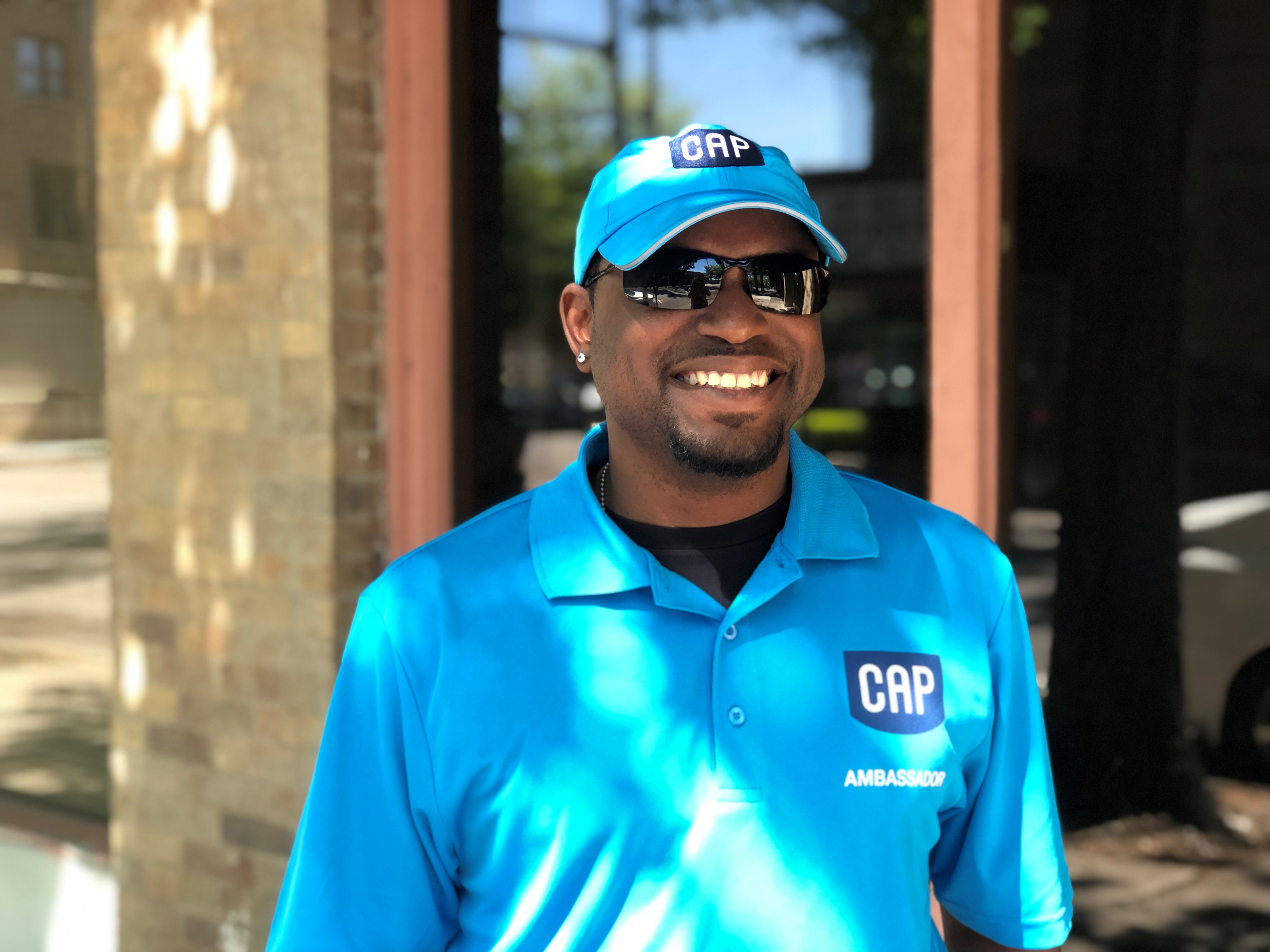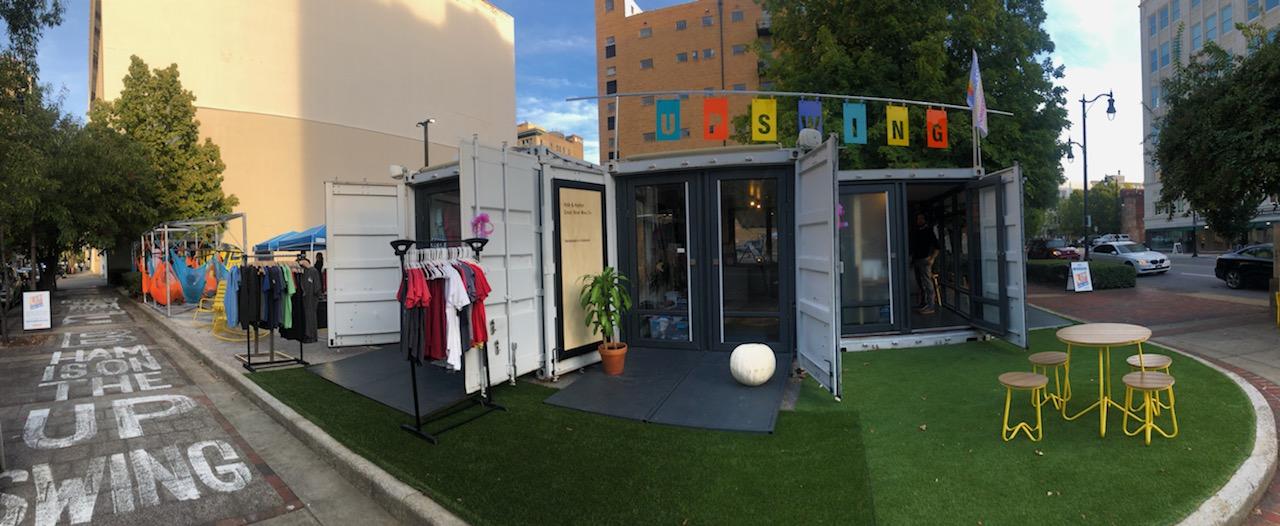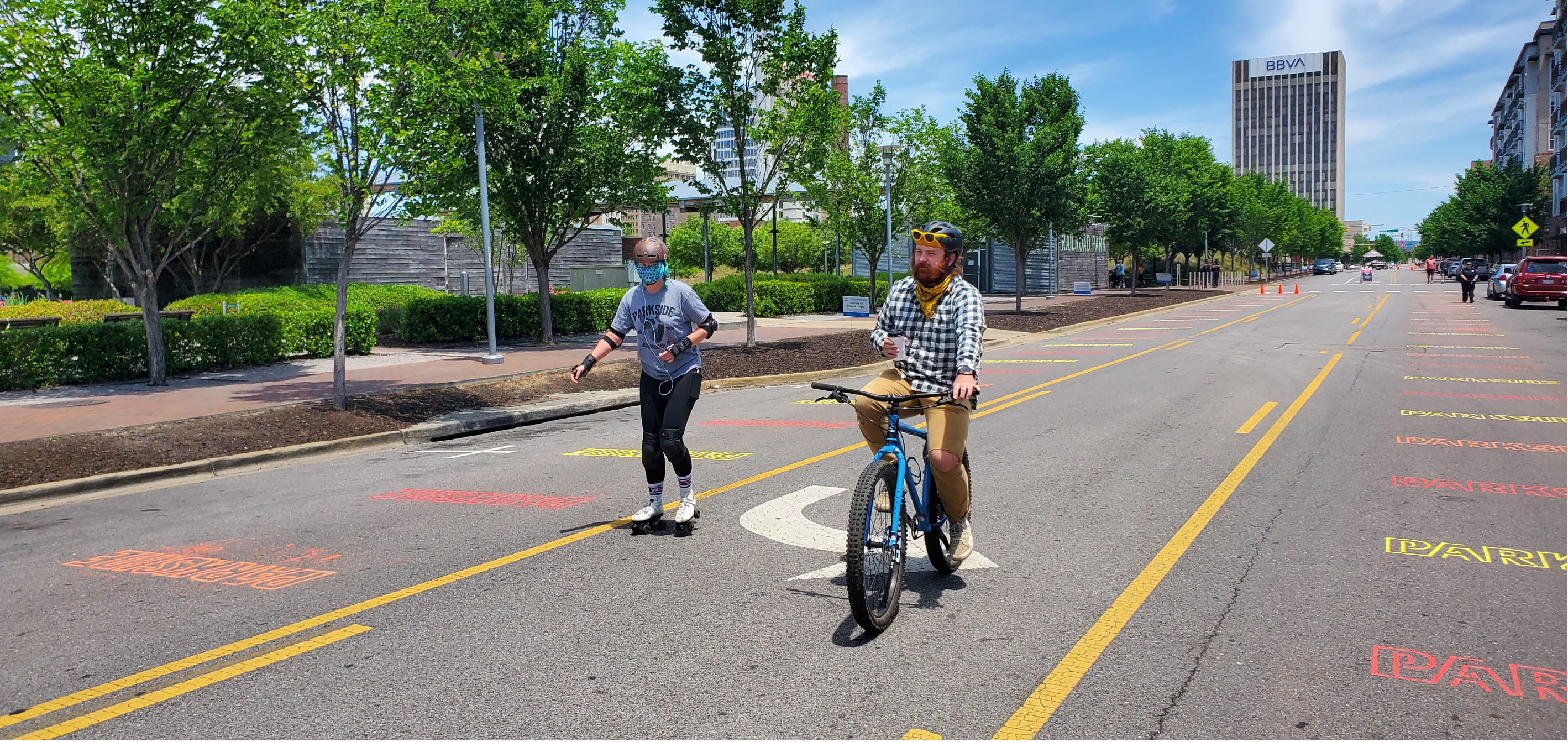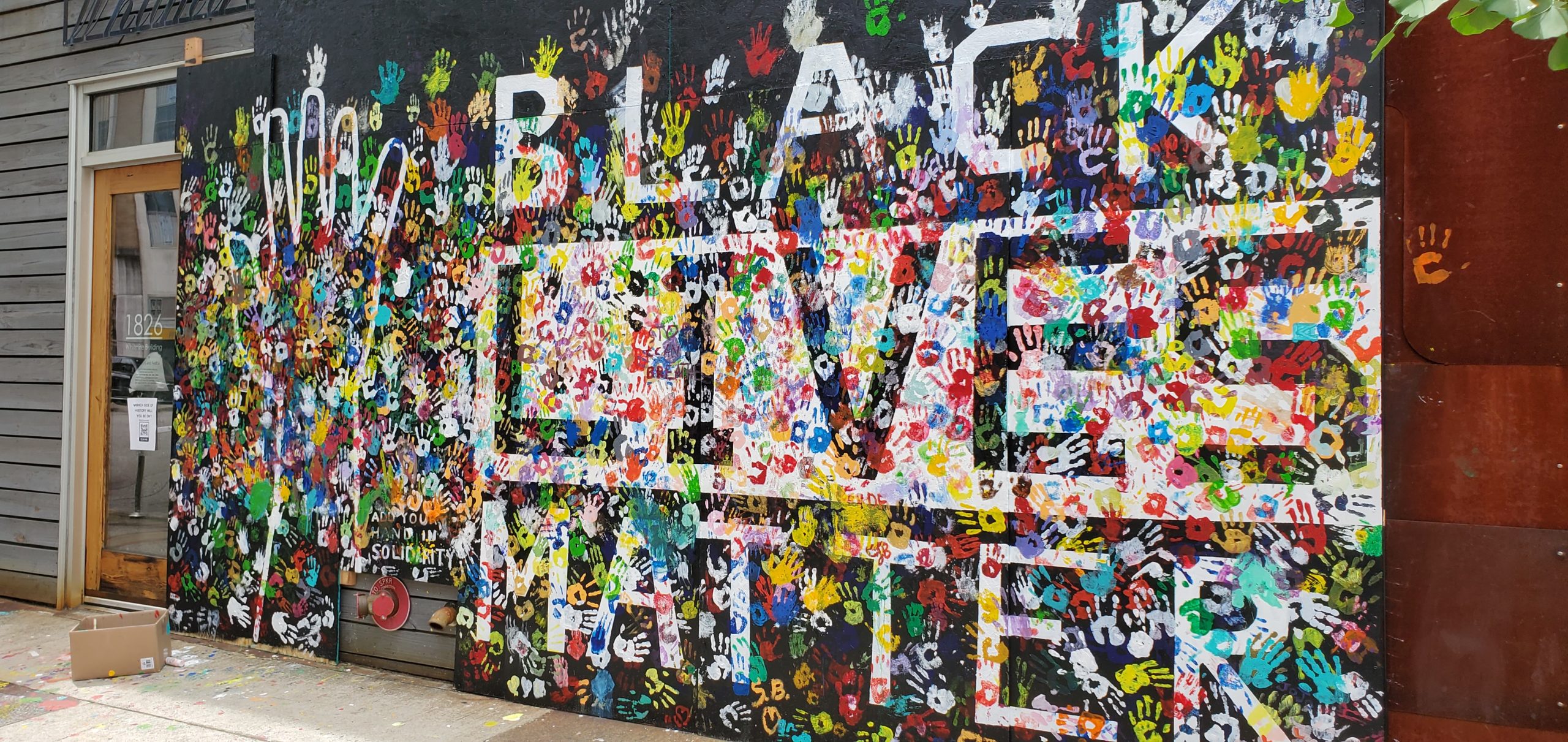Many things make Birmingham’s City Center an attractive place for businesses, residents and visitors alike. What if we told you that some of that “it” factor is provided by a thing called a BID, the greatest tool for impactful revitalization in urban districts?
BIDs have been used increasingly in downtowns, main streets and other commercial districts throughout the country as an avenue for public improvement and maintenance. But what exactly is a BID? We’re here to break it down for you.
What is a BID?
We’re so glad you asked! BID stands for Business Improvement District. A BID is a geographical area within a city designated by ordinance as an area where property owners formally pool their resources to enhance public services already provided by the city such as sidewalk sweeping, trash removal, security, special events and marketing programs. It is paid for by those property owners via a special assessment.
Think of it as a homeowner’s association for a district. Those extra services can make districts more competitive by creating a cleaner, more attractive district and giving it a distinctive identity, according to the “ABCs for Creating BIDs” published by the International Downtown Association (IDA). The first BID in America was formed in 1975 in New Orleans. Now, there are over 1,000 BIDs all over the country and in most major cities.
Do we have a BID in Birmingham?
Yep. We have one right in the City Center that covers about 96 blocks. More on what happens inside those boundaries in a minute.
Since 1995, CAP, the clean and safe program funded by the BID, has worked in partnership with local government, businesses, residents and the Birmingham Police Department to improve the City Center District, reducing crime by 70 percent. Property values increased from $583,327,000 in 1996 to $942,349,000 in 2017.
What does the BID do?
BIDs can provide a variety of services such as graffiti removal, extra security, managing and supporting parking expansion, special events, resources that assist people experiencing homelessness and marketing aimed at changing perceptions about the district, according to the IDA.

Making a district feel clean and safe is an important foundation for a vibrant district – and that’s what CAP ambassadors (the ones in bright blue uniforms) do for you in Birmingham’s City Center. Has an ambassador ever helped you when you were having car trouble or safely escorted you to your car? Maybe you’ve noticed them picking up trash or power washing the sidewalk. Their clean and safe services are funded by the BID.
BIDs are also an important placemaking tool. Placemaking is a multi-faceted approach to the planning, design and management of public spaces – like sidewalks and parks. Placemaking is REV’s jam – and you’re probably already familiar with some of the Birmingham projects that we’d put in that category.

Remember Upswing? That was the result of a retail-focused placemaking strategy. The teams at REV and CAP turned a corner parking lot within the BID into a mini-shopping district throughout fall 2019 – with three shipping container shops, swing seating along the sidewalk and three months of events designed to let people see an under-utilized corner in a new light.

A placemaking project designed to address COVID-19 challenges in the BID’s public spaces, Parkside Trail was a pop-up trail that expanded exercise space and operated throughout May on 1st Avenue South. Because REV’s team coordinated weekend street closings, painted 6-foot markers and programming along the trail, Railroad Park visitors were able to more adequately social distance while getting some fresh air.

Another important function of a BID is coordinating financing for district needs After a peaceful demonstration protesting police brutality on May 31 later turned to unrest that resulted in property damage in downtown Birmingham, REV formed a partnership with the City of Birmingham and other entities to form the Birmingham Business Relief Fund. The money went toward helping damaged businesses—most within the BID—with repairs.
How is a BID formed?
A BID is for the property owners, but it requires cooperation from the owners and lawmakers to run effectively. Here are the steps:
- Stakeholders identify district needs and goals.
- Stakeholders decide that a BID can help them accomplish these goals.
- District leaders establish a group to push for the formation of a BID, and an organization such as REV assists the group with researching property owners and property values.
- A conceptual district and BID business model is developed.
- District leaders use education to gather support
- Sixty-six percent of property owners by property value sign documents.
- City Council is petitioned for an ordinance to establish a BID.
- BID governance is established.
- Assessments are conducted and services begin.
A district management corporation manages the BID and the board of directors made up of property owners implement its goals.
While Birmingham only has one BID right now in the City Center, there is an opportunity to create more. BIDs can go a long way in branding a particular district with its own distinct identity and make it a more attractive place to be for businesses and visitors alike. Here’s to a more vibrant and BID-filled Birmingham!
Related News
-
Why we say yay to two-way streets
Filed Under: Developer, Downtown Birmingham, Filling Vacant Spaces, Front Page, Transportation, Yaysayers
REV Birmingham is a long-time advocate for making the switch to two-way streets downtown, and this is something recommended by planners studying our downtown for years. In fact, the team that developed the 2004 City Center Master Plan recommended many street changes but noted 4th Avenue North conversion should take place “immediately.” We believe this project is a catalytic moment for Birmingham – but you may find yourself wondering why that is.
-
The Key Tool for Urban Revitalization: Downtown BHM's Business Improvement District
Filed Under: Business-Proving, Developer, Downtown Birmingham, Front Page, Get Involved, Potential-Proving, Why BHM
By the time REV took on BID management in 2018, downtown had a new set of needs from its BID. Downtown Birmingham in the ‘90s had a population mainly of 9 to 5 employees. But the downtown of 2018 had a whole new population of residents and visitors throughout the day and night. We had new opportunities to create positive experiences, inviting them into more downtown businesses and public spaces, and to keep them coming back for more.
-
Introducing the six businesses that call Nextec home
Filed Under: Business-Proving, Developer, Downtown Birmingham, Filling Vacant Spaces, Front Page, Historic Preservation, Potential-Proving, Why BHM
On the corner of 3rd Avenue and 16th Street North, you’ll find Nextec, a redevelopment of the 90-year-old, 65,000-square-foot Edwards Motor Company building (also formerly known as the Sticks ‘N’ Stuff building). With experience in historic renovation, developer Michael Mouron, chairman of Capstone Real Estate Investments, began this civic project in 2021 as a space for business startups to continue their work in the Magic City – a function encouraged by REV Birmingham.